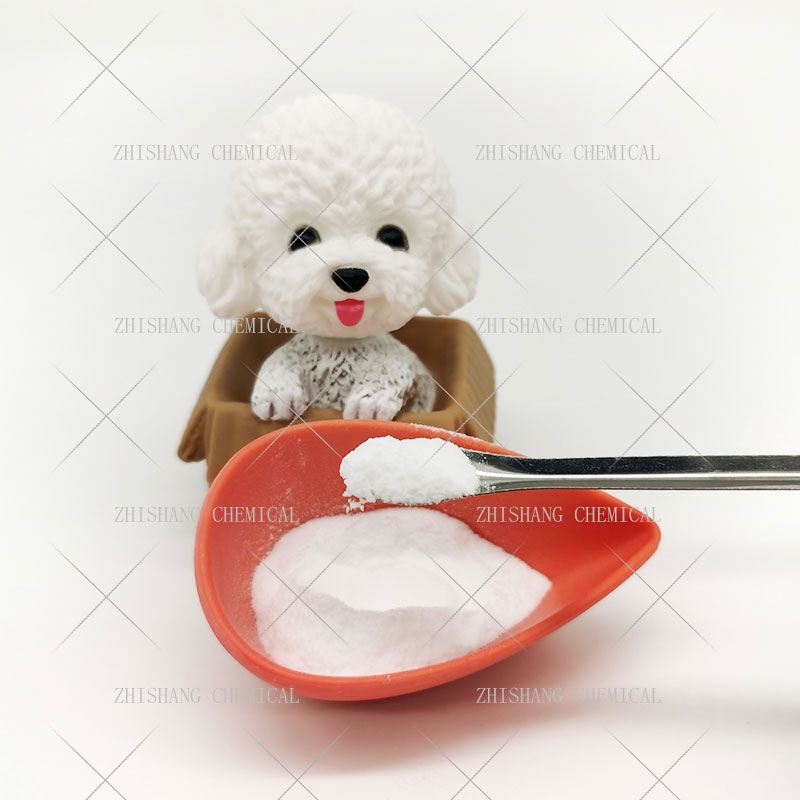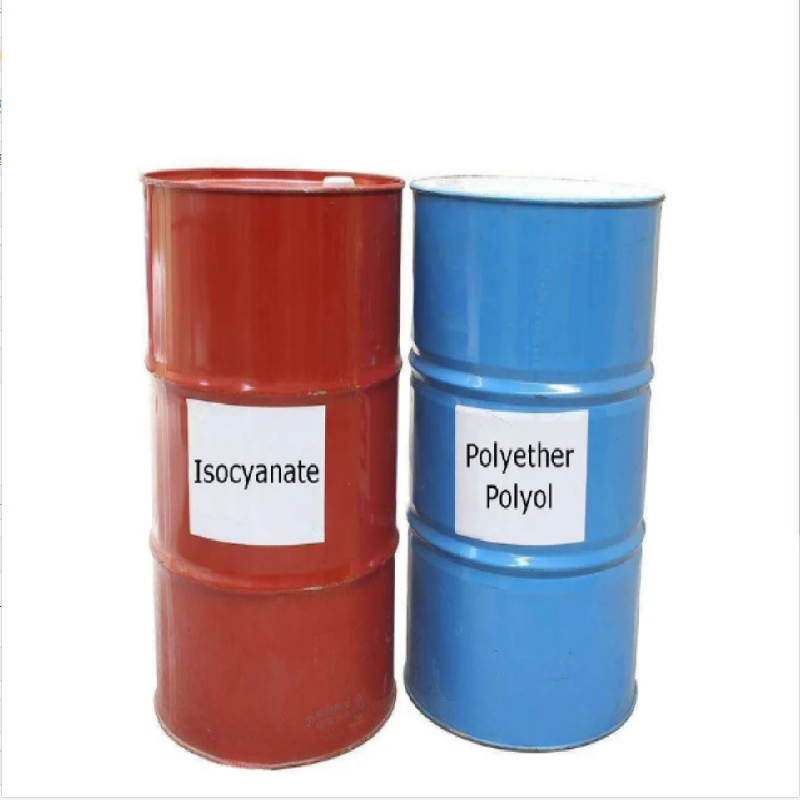-
Categories
-
Pharmaceutical Intermediates
-
Active Pharmaceutical Ingredients
-
Food Additives
- Industrial Coatings
- Agrochemicals
- Dyes and Pigments
- Surfactant
- Flavors and Fragrances
- Chemical Reagents
- Catalyst and Auxiliary
- Natural Products
- Inorganic Chemistry
-
Organic Chemistry
-
Biochemical Engineering
- Analytical Chemistry
-
Cosmetic Ingredient
- Water Treatment Chemical
-
Pharmaceutical Intermediates
Promotion
ECHEMI Mall
Wholesale
Weekly Price
Exhibition
News
-
Trade Service
An imaginative new polymer surface coating can both remove mercury from water and provide broader protection, including protection from metal corrosion and solvent damage to plastic PVC pipes
Flinders University project leader Max Mann noted that the smart coating, made from low-cost chemicals from oil refining and other sources, would also protect concrete surfaces from acid and water damage and repair them in place with a simple heating process
Cover entry from Polymer Chemistry (March 2022) Paint Online coatingol.
"This novel coating is easily made from elemental sulfur and dicyclopentadiene (DCPD is a by-product of petroleum refining), and its versatility allows us to use it in a variety of useful ways and for longer lasting industrial products and components," said Flinders University PhD candidate Mr Mann and lead author of this month's cover article in Polymer Chemistry
This exciting new area of research extends fundamental chemistry into several practical applications
"The method of making the coating is safer than previous methods used for related coatings
The study found that, in addition to its protection against corrosion, solvent damage, acid and water damage, the active coating could also trap toxic metals such as mercury
The Flinders-Liverpool team found that the coating was repairable and prevented scratches and damage with a simple application of heat
This process is possible because the chemical structure of the coating allows the cleavage and reformation of sulfur-sulfur bonds
Flinders University chemistry professor Justin Chalke said the research was an important step forward for multifunctional coatings
.
Chalker, Professor Matthew Flinders from the Flinders Institute for Nanoscience and Technology, said: "The unique chemistry of the smart coating protects the substrate, actively removes toxic mercury from water and oil, and remediates to ensure its sustainability.
.
"
The coating is solvent resistant and also removes mercury from oil-water mixtures, which is important for remediation in the oil and gas industry
.
Mr Mann carried out part of this research in the UK, an exchange in Dr Tom Hasell's University of Liverpool laboratory, as part of an ongoing collaboration between Chalker's laboratory and Hasell's laboratory in Liverpool
.






